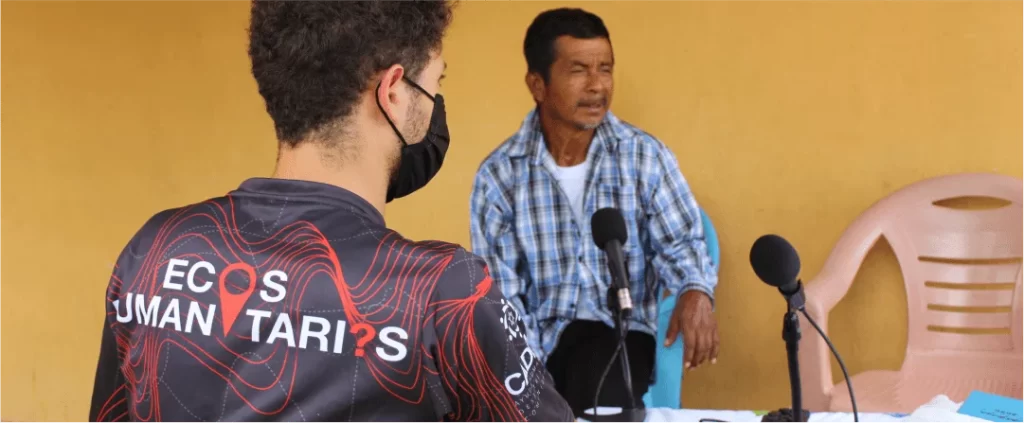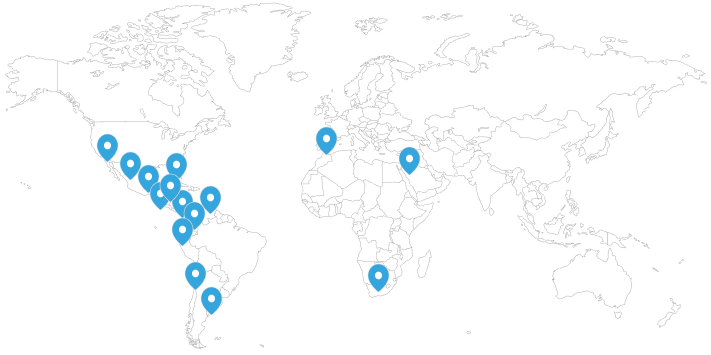As a writer and style editor, I have found myself in various closed contexts throughout my career, from academia to the editorial world. Being an editor and working in the humanitarian and academic fields, I have noticed that in these types of communities, there is usually a somewhat protective attitude regarding knowledge. In some ways, exclusivity is still considered an advantage or a desirable quality; control and domain over who has access to this knowledge is still very much present. Even though information has become more available in the last few years, it still seems covetable to be part of a separate group that upholds knowledge and its accessibility only to those who belong. Yet, I believe we need to question these highly elitist inclinations because only a few people, those with the power, contacts, connections, and opportunities, can acquire knowledge. Besides this, when something has its basis in exclusion and blockage, it is not uncommon for it to disappear.
This brings me to question the following: Is it essential to share knowledge? Do we have the responsibility of spreading knowledge instead of keeping it in a select group of people? To respond, we must consider that knowledge is not created individually or in isolation; rather, its origins are always found in its communicability. In other words, it builds itself within the networks of people who communicate, understand, and validate each other. It is a collective product.
How does this collective product come to be? What are the substantial reasons as to why it is essential to share knowledge? It must be said that sharing knowledge is defined by the set of actions and media needed to increase access to different types of specialized knowledge. With knowledge sharing, the general public (not only the specialized public) can receive tools to learn in a more self-directed way. At CADENA, we are considering other axes and strategies to develop this last idea, including this present blog.
Firstly, at CADENA, we recognize that sharing enhances critical thinking. Opening the possibility of understanding different perspectives, opinions, and arguments encourages our readers to revisit their beliefs and compare points of view foreign to their own. This is important because, as I previously mentioned: knowledge is a collective product. If we can establish a dialogue in different media, we allow information to flow, adapt, and change according to the necessities of society in a determined period of time.


